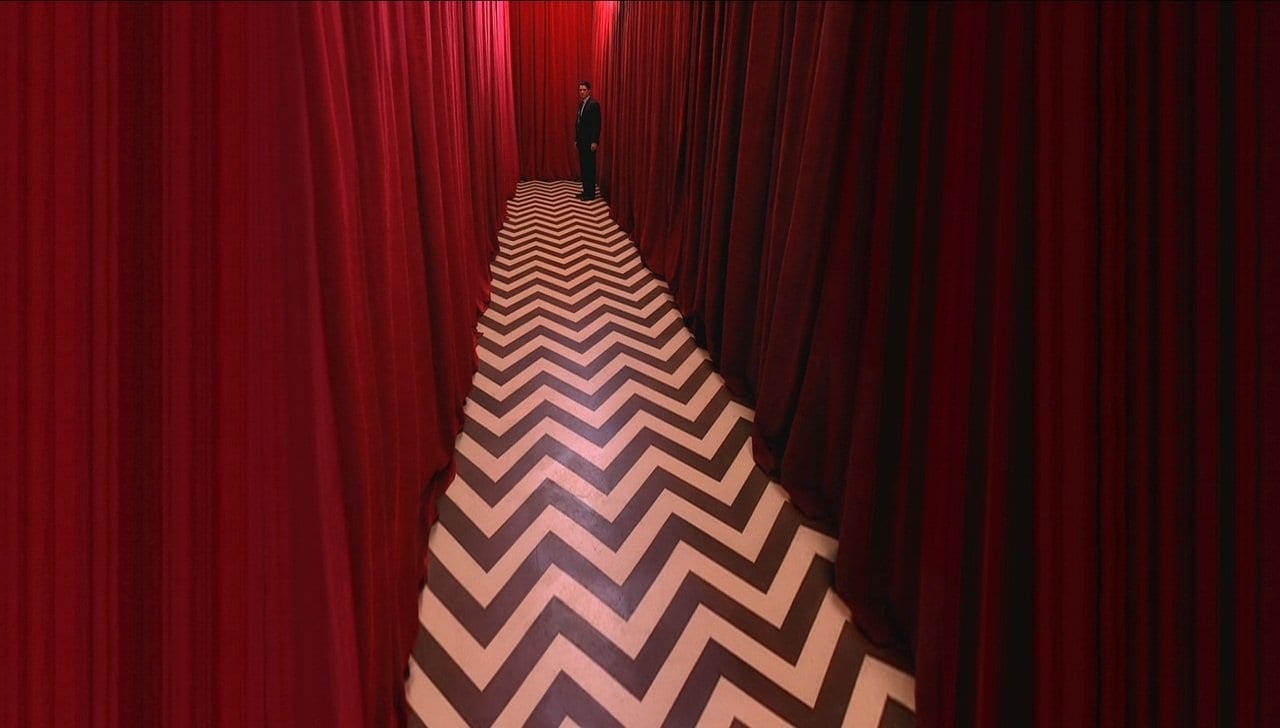Forgive my incoherence but: how do you even quantify the legacy of someone like David Lynch, whose influence can be felt far and wide in almost every piece of culture I’ve enjoyed in the entire time I’ve been on this godforsaken planet?
It feels futile to even attempt and yet- having always mentally run through exactly how I’d react upon hearing of his death- it also feels important to try and convey just what he meant to me as a director and artist. Many of my closest, most cherished friendships are rooted in a deep affinity for his work; I’ve bonded with people because of him, Twin Peaks especially- a unifying fandom discussed to death time and time again with great gusto. When The Return aired in 2017 each viewing felt religious, our collective disbelief that we were getting to experience something this otherworldly on mainstream television; that someone had once again allowed him to be this weird and challenging on such a grand scale. We drank coffee and ate cherry pie together, and revelled in trying to figure out exactly what the fuck was going on.
I was 15 or 16 when I saw my first David Lynch film; there was a video store at the bottom of the street I grew up on, an important portal to another world and one without which I doubt I’d be the person I am today. My parents were hosting a dinner party one weekend and I was allowed to rent something to while away the evening in my bedroom. My Mum was very relaxed with her approach to film classifications and so it was that I went home with two things that night: Eli Roth’s Cabin Fever and Lynch’s Mulholland Drive (a very 2000s pairing).
The former grossed me out, but the latter unsettled me in ways I did not anticipate or really understand- I couldn’t even finish it. The creature behind the dumpster remained so terrifyingly burnt into my brain that I refused to even go near the film again until a few years ago, where I discovered that I’d been sitting on a masterpiece, a truly hypnotic piece of cinema; a dream-like treatise on the flaw of investing in artistic dreams and the confusing horror of reality.
Twin Peaks is where my love for Lynch fully blossomed; obtaining the DVD boxset in a pre-streaming age felt like being given a ticket to a secret club and as each episode unfolded, I was elated to discover that the show simply was as strange and surreal and funny and as dark as I’d been led to believe. When I visited the Pacific Northwest in 2014, I made pilgrimage to Snoqualmie and North Bend in Washington; I went to Twede's Cafe, the exterior of which was used for the Double R Diner, and the Salish Lodge aka The Great Northern, the hotel and waterfalls a key piece of the show's iconic imagery. Being in those places felt ethereal, one of the only times in my life where I’ve felt reality and fiction blur so heavily. It felt Lynchian.
Los Angeles started burning and then he died.
I never really know what to do when someone whose work you value passes; it feels parasocial to have such an emotional reaction to the death of someone you didn’t really know, despite your investment in their creative output. I am not naïve enough to have believed that Lynch would have been around forever but it did always seem like he would manage it somehow, to keep going even when everything around us rapidly feels as though it is falling apart. He more than any understood the great flaw of mankind, that there was something rotten and evil buried deep, both within American culture and in people as a whole. But he also saw the magic and beauty in everything, his empathy evident in the way he posited that even within overwhelming darkness, there can be light. “I'm talking about seeing beyond fear, Roger, about looking at the world with love.”
I am grateful for all that he gave us and like so many others who found themselves through the art he created, I am thinking today of the interview he gave in 2023, in the wake of Angelo Badalamenti’s passing, where he famously referred to his long-time collaborator in the present tense:
I believe life is a continuum, and that no one really dies, they just drop their physical body and we'll all meet again, like the song says. It's sad but it's not devastating if you think like that. Otherwise I don't see how anybody could ever, once they see someone die, that they'd just disappear forever and that's what we're all bound to do. I'm sorry but it just doesn't make any sense, it's a continuum, and we're all going to be fine at the end of the story.





That’s a great piece and I really hope and wish you would pursue your writing journey further.